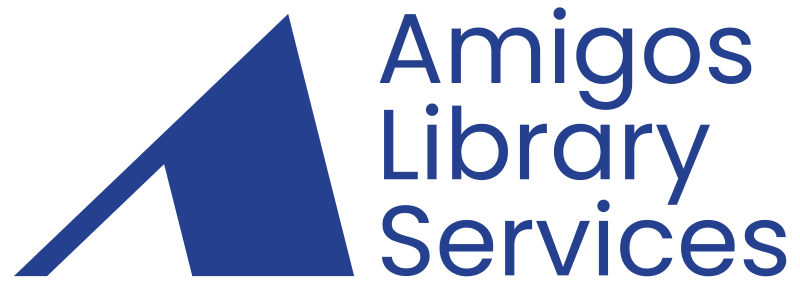Metadata Principles and Practices: Metadata Customization, Exchange, Transformation and Migration
This third course in the Metadata Principles and Practices Series covers the processes by which institutions customize existing metadata standards, exchange and harvest metadata, transform metadata from one standard to another and migrate metadata to a newer standard. Topics to be covered include: metadata quality factors, application profiles, the Open Archives Initiative Protocol for Metadata Harvesting, metadata crosswalks and stylesheets.
* This course is eligible for micro-credentialing (optional) - What is micro-credentialing?
